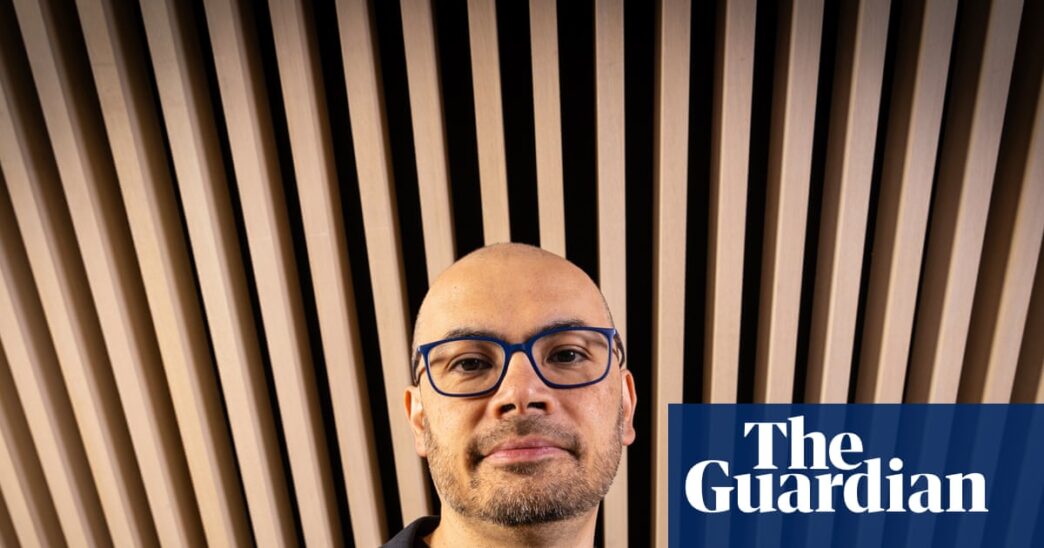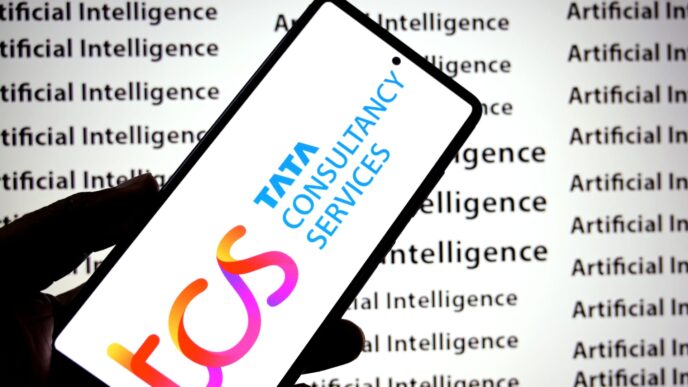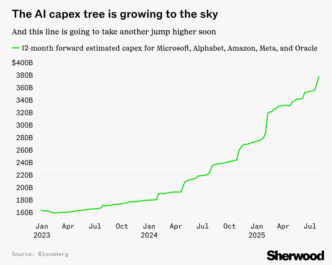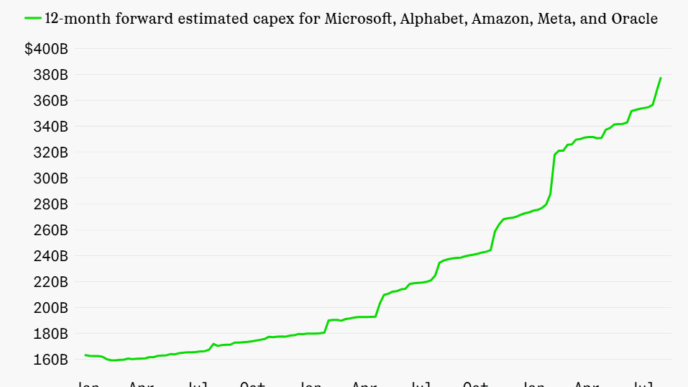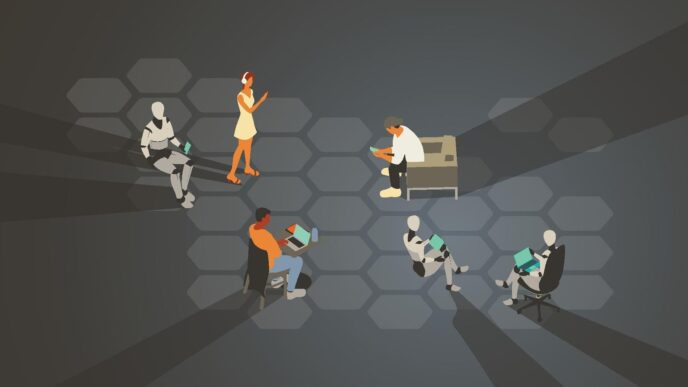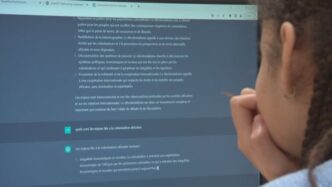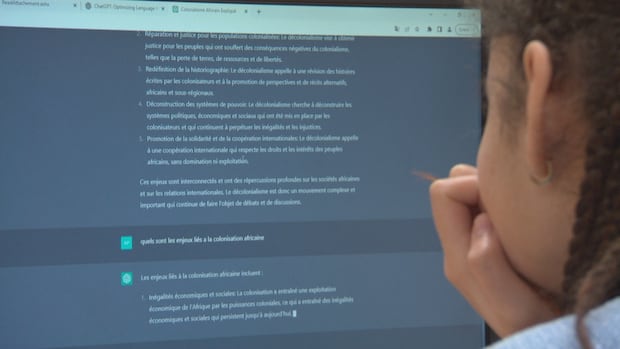Google DeepMind boss Demis Hassabis took home the 2023 Nobel Prize in Chemistry. The award spotlighted DeepMind’s AI breakthrough with AlphaFold, which predicts protein structures—major help for medicine and biology.
Hassabis, 49, shared his surprise at winning, saying it was “very surreal” and “something you dream about as a kid.” A chess prodigy turned AI pioneer, he cofounded DeepMind in 2010 with the mission to “solve intelligence and then use it to solve everything else.”
DeepMind has shaped Google’s AI surge, powering everything from AI search to the upcoming Gemini assistant and AI in smart glasses. Hassabis says AI could hit human-level general intelligence in 5 to 10 years.
He’s cautious but optimistic, warning about AI’s risks and energy needs but confident in its potential to create “radical abundance” for humanity.
Hassabis on AI’s future and Mars plans with Elon Musk:
“I said to Elon Musk, ‘What if AI was the thing that went wrong? Then being on Mars wouldn’t help you’”
“We’ll have something that will exhibit all the cognitive capabilities humans have, maybe in the next five to 10 years”
“I believe in human ingenuity”
DeepMind’s London HQ walls show signed chess boards from Garry Kasparov, Magnus Carlsen, and Judit Polgár, nodding to Hassabis’s roots as a chess competitor. Despite AI’s rapid rise, he still finds time for chess and poker—and competitive board games with his kids.
The $400 million Google acquisition in 2014 kept DeepMind rooted in London, reflecting Hassabis’s bet on global AI talent outside Silicon Valley.
Now, DeepMind eyes pushing AGI toward “incredible productivity and therefore prosperity”—but also warns about job disruption, energy use, misinformation, and the unknowns ahead.
Hassabis:
“Assuming we steward it safely and responsibly into the world, and obviously we’re trying to play our part in that, then we should be in a world of what I sometimes call radical abundance”
“There’s lots of ways of fixing that [energy usage]. Yes, the energy required is going to be a lot for AI systems, but the amount we’re going to get back, even just narrowly for climate [solutions] from these models, it’s going to far outweigh the energy costs.”
“Let’s say we get radical abundance, and we distribute that in a good way, what happens next?”
The DeepMind leader still juggles running the AI powerhouse, his drug discovery startup Isomorphic Labs, and family life. For Hassabis, the future is about embracing AI tools while preserving human creativity in arts, philosophy, and meaning.
“I’m a cautious optimist… If we’re given the time, I believe in human ingenuity. Humans are infinitely adaptable.”

